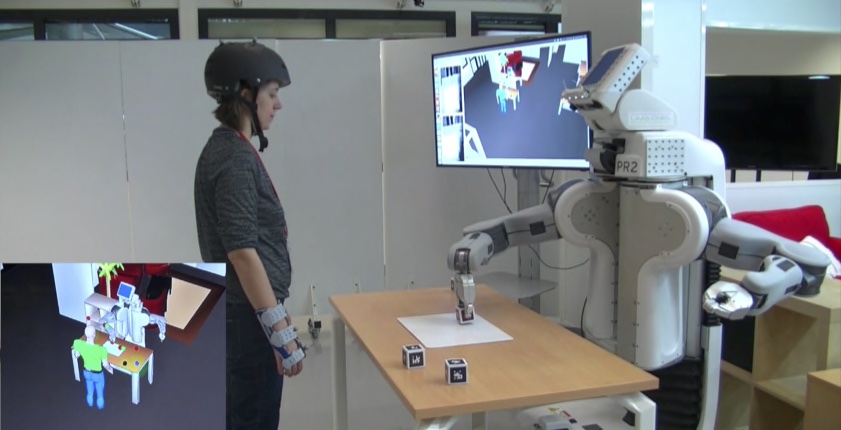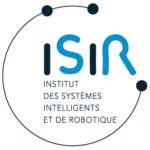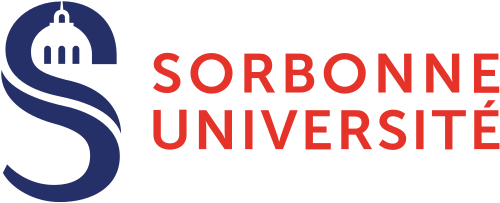Project ELSA – Effective learning of social affordances for human-robot interaction
It is about studying the learning of social affordances in robots. Affordances are opportunities for actions perceived by an agent when interacting with its environment. They are of interest to roboticists to describe the potential interactions of the robot with objects beyond simple physical properties.
In the ELSA project, we extend the notion to social affordances, which have so far barely been studied in robotics. Here, we make the following hypothesis:
– that robots can learn social affordances in the same way as they learn affordances in non-social situations;
– that robots, while learning to autonomously recognize social affordances offered by their human partners, will be able to respond more efficiently and appropriately to humans. This would facilitate coordination and cooperation between humans and robots.
Context
The concept of affordances is the ability of an object or an environment to evoke its use or function. It is gradually attracting the attention of robotics and artificial intelligence (AI) researchers as a way to provide artificial agents with more autonomy, by allowing them to learn for themselves which commands sent to their motors produce effects on the environment.
Nevertheless, social affordances remain largely unexplored in robotics and AI. While physical affordances represent a step towards autonomous agents that better understand their physical environment, social affordances are necessary to move towards more realistic multi-agent environments. Moreover, we know that humans accquire social affordances while learning how to interact with others. Enabling robots to do so could permit them to better interact with humans.
Objectives
The central objective of the project is to study the conditions that allow a robot to efficiently learn social affordances, in order to facilitate communication and cooperation with humans. In particular, we will study problems related to social affordances in robotics, organized in 4 work packages:
– Theory and practice of social affordances;
– Social affordances in decision making (directed by ISIR);
– Social affordances for action execution;
– Architecture, scenario, integration.

Results
The main application framework of this work is human-robot interaction, and more precisely human-robot cooperation. A better understanding of how robots can learn to recognize and express social affordances would help designing more cooperative robots with humans. This would then allow to assist humans in a variety of tasks, such as object manipulation or navigation. The project will also contribute to other spin-offs, notably in terms of fundamental knowledge on how humans learn, perceive and express social affordances. Developing algorithms that allow a robot to learn social affordances is a way to propose models of how humans do this learning.
Overall, the project addresses a critical lack of basic knowledge about how social affordances are learned and used in the context of human-robot interaction. The major strength of the project is that it addresses a relatively unexplored subfield (social affordances in robotics) that builds on well-studied areas (non-social affordances in robotics but also in psychology).
Partnerships and collaborations
The project is coordinated by Mehdi Khamassi, Research Director at ISIR. The consortium of the project is composed as follows:
– ISIR, Sorbonne University – France,
– LAAS-CNRS – France,
– Department of Computer Science (IFI), University of Innsbruck – Austria,
– Digital Science Center (DiSC), University of Innsbruck – Austria.






